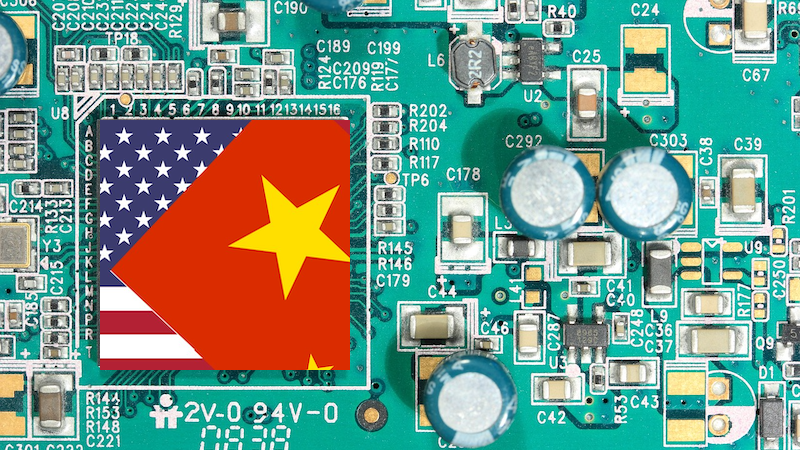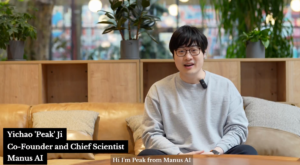US Imposes Export Restrictions on Chips Used for DeepSeek Technology

U.S. Imposes Export Restrictions on Nvidia’s H20 Chips to China
The U.S. government has recently placed new restrictions on the export of Nvidia’s H20 chips to China. This decision is part of a broader strategy to regulate advanced AI technology trade with Beijing amid ongoing trade tensions and a relentless tariff battle.
Nvidia’s Announcement of Export Controls
On April 9, Nvidia, a leading company in AI chip production, announced that it had been informed by the U.S. government that any exports of its H20 chips to China would require prior government approval. Furthermore, Nvidia stated that these restrictions would be in place indefinitely.
Although the H20 chip does not possess the powerful computing capabilities of Nvidia’s latest Blackwell chip, it holds several features that make it valuable for constructing high-performance computing systems.
Reasons Behind the Restrictions
The U.S. government’s decision appears to be driven by concerns that the H20 chips could potentially be used to enhance Chinese supercomputers. Previously, the H20 was the most advanced AI chip that could be legally exported to China, especially against a backdrop of existing U.S. restrictions on high-end semiconductor sales to the country. The performance of the H20 chip is lesser compared to Nvidia’s Blackwell chip; however, it benefits from high-bandwidth memory akin to that of the latter, providing a performance uptick in certain applications.
Demand from Chinese Tech Firms
The H20 chip has attracted significant interest in China. Earlier this year, tech media outlet The Information reported that major Chinese technology companies, including Alibaba, Tencent, and ByteDance, had placed orders worth over $16 billion for the H20 chip in the first quarter alone. This represents a notable increase of more than 40% from the previous quarter. The chip has also been utilized by the Chinese AI startup DeepSeek, which recently launched a competitive AI model based on the H20.
Impact on Nvidia
Due to these new export restrictions, Nvidia anticipates a financial impact of around $5.5 billion in the first quarter of its fiscal year. The U.S. had previously introduced AI chip export controls aimed at China in October 2022, expanding the limitations over time to encompass more technologies and nations.
Trade Tensions Between the U.S. and China
These export restrictions come amid escalating trade tensions between the U.S. and China. Despite Nvidia’s recent announcement of plans to invest up to $500 billion over the next four years to build AI infrastructure, including supercomputers made in the U.S., the trade situation remains strained.
Former President Trump had imposed significant tariffs on Chinese imports, with some now subject to a total of 145% in extra levies. Recently, the Trump administration also expanded exemptions for specific products, such as smartphones and laptops, which now avoid newly introduced tariffs aimed at Chinese tech goods.
Trump has publicly criticized China for failing to meet commitments under a previous trade agreement, asserting that Beijing only purchased a fraction of what it had agreed to. He further remarked on the difficulties faced by American farmers during trade conflicts, emphasizing his support for U.S. agriculture.
Developments in Aerospace Deals
On the same day, Trump brought attention to a significant aerospace deal, claiming that China had reneged on its commitment to Boeing, stating, “They will ‘not take possession’ of fully committed-to aircraft.” Reports indicate that Chinese authorities have directed local airlines to halt deliveries of Boeing jets while pausing aircraft-related purchases from U.S. suppliers.
In response to U.S. policies, China has retaliated with counter-tariffs on American agricultural products, along with imposing a 125% levy on other U.S. imports.
As trade dynamics evolve, the implications of these restrictions on AI technology and bilateral relations will continue to unfold.





